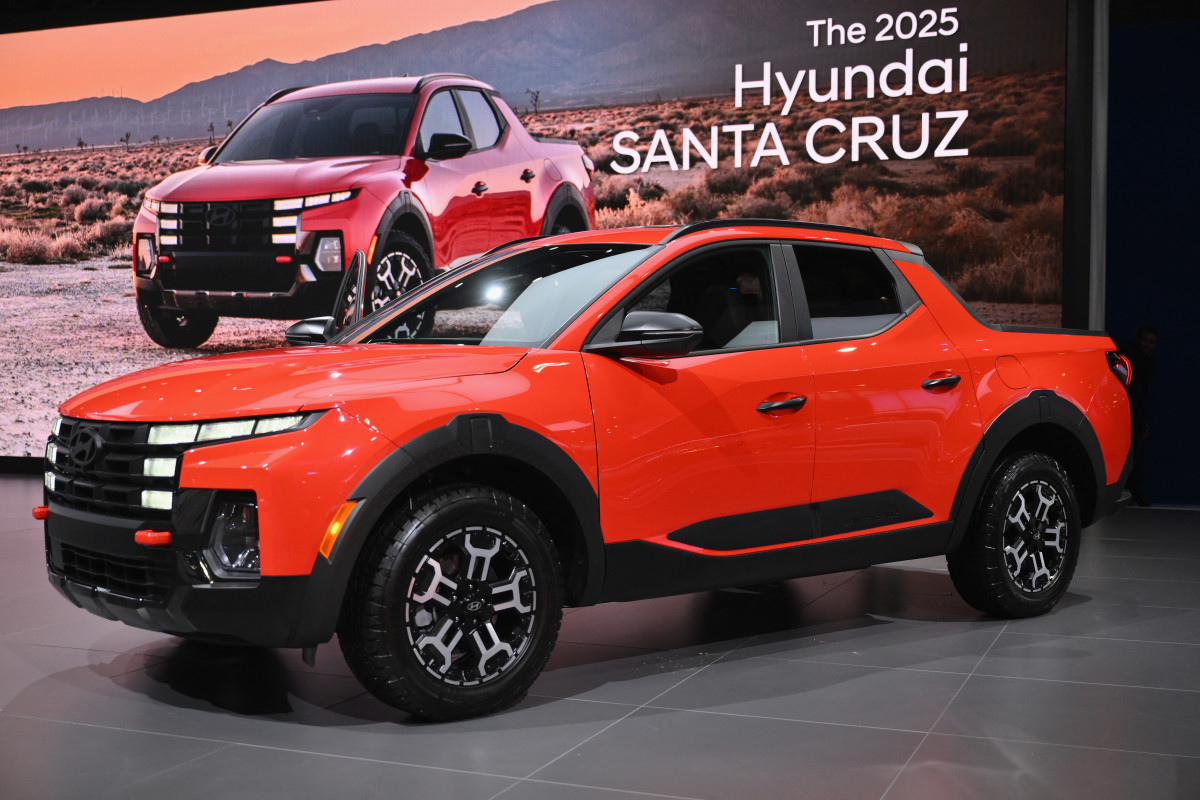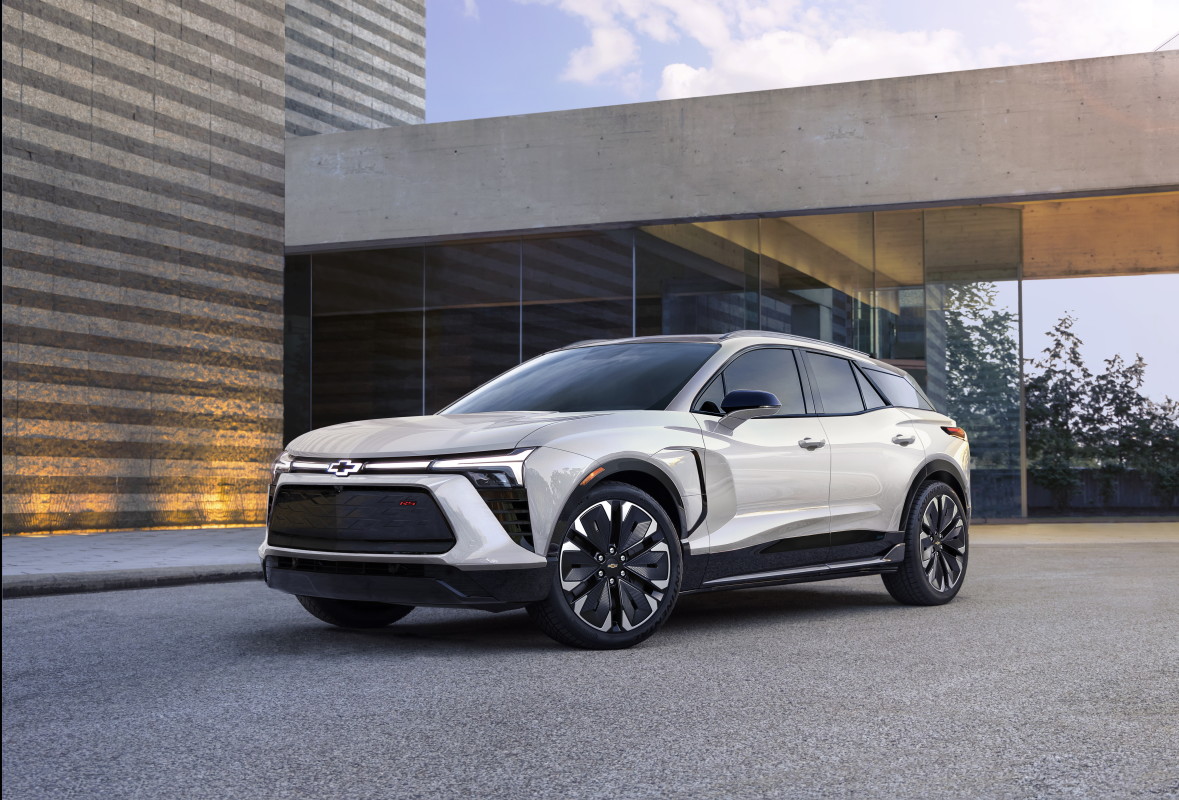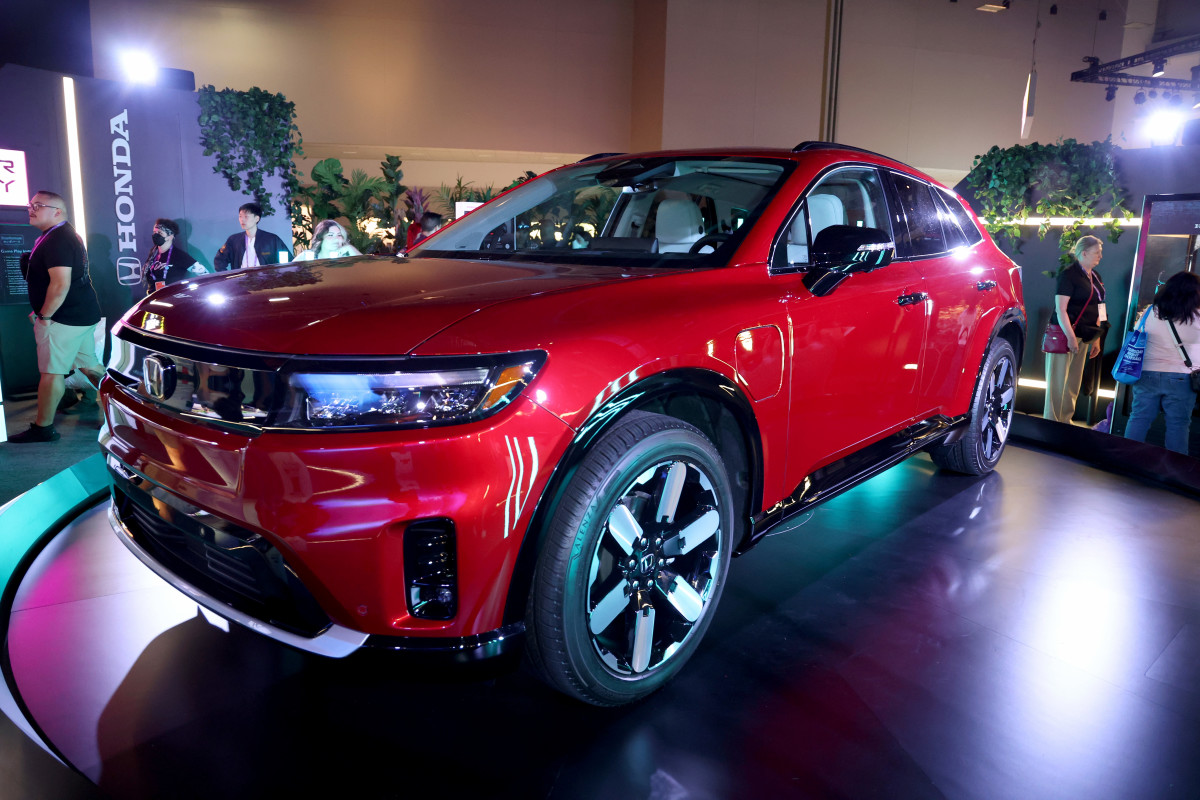
Back in September, South Korean automaker Hyundai (HYMTF) and Detroit Big Three automaker General Motors (GM) announced and signed a Memorandum of Understanding (MoU), an agreement on paper that recognizes the two companies' interest in a joint venture.
In a statement at the time, GM CEO Mary Barra said that the partnership would enable the respective companies to share technologies and other resources that can bring the best out of each company.
💰💸 Don’t miss the move: SIGN UP for TheStreet’s FREE Daily newsletter 💰💸
“GM and Hyundai have complementary strengths and talented teams. Our goal is to unlock the scale and creativity of both companies to deliver even more competitive vehicles to customers faster and more efficiently,” Barra said.
Likewise, Hyundai Executive Chair Euisun Chung noted that future Hyundai and GM products such as EVs, hydrogen and gas-powered cars will benefit from the partnership coming out of it, as the duo will empower each other to share resources and other critical materials to build cars.
“This partnership will enable Hyundai Motor and GM to evaluate opportunities to enhance competitiveness in key markets and vehicle segments, as well as drive cost efficiencies and provide stronger customer value through our combined expertise and innovative technologies,” said Chung.
Although new offerings in GM and Hyundai's lineups indicate that the potential JV may revolve around EVs and EV technology, a new report from a South Korean business publication may indicate that GM's bread and butter may interest the South Korean automaker.

A Hyundai Silverado?
According to a new report from South Korean business outlet Pulse, sources within Hyundai note that the automaker's Chairman Euisun Chung recently met with GM CEO Mary Barra in the United States to discuss the details of their MoU, including "various areas for bilateral collaboration, ranging from vehicle development to future energy solutions."
The sources within Hyundai also told Pulse that the duo is looking to jointly develop pickup trucks mainly aimed at the Latin American market.
Specific details about the newfangled truck are extremely sparse, however, the sources say that GM and Hyundai will be jointly developing the new truck by taking “badge engineering” approach to it; as it would be the easiest way to take advantage of GM's engineering prowess and reduce valuable development costs and time.
What is Badge Engineering and how can GM and Hyundai benefit from it?

General Motors
The term "Badge Engineering," also known as 'rebadging,' refers to an actual practice by automakers that allows them to make entirely new models without having to spend the millions to billions of dollars that it takes to engineer a brand new car.
In "rebadged" cars, one manufacturer's car may look different from another's, as they have different badges on the grille and hood, different bumpers, headlights and taillights, interior trim or even engines. However, under the skin, they are essentially the same car.
Ironically, the most notable and notorious examples of badge engineering are conjured up by none other than General Motors. The list of cars involved in their badge engineering schemes is almost virtually endless and includes models from long-gone brands like Saab and Pontiac.

Today, the most notable example of GM badge-engineering is with its former partner Honda, as Chevrolet's Blazer EV was used to create Honda's first full-production EV in its North American lineup, the Prologue.
These vehicles were the result of a Honda-GM collaboration that spawned an electric platform called Ultium, which is universally used by all three of these vehicles. According to a Motor1 interview with Honda engineer John Hwang, a few key GM parts remained in Honda's version.
“Basically, the frame rails, the floor, the front and rear suspension subframes, those are common obviously,” Hwang told Motor1. “GM when we started shared those hard points where the sheetmetal has to attach, and then they said, ‘Go for it.’”
More Automotive:
- Mazda’s budget-friendly EZ-6 EV starts under $20K — but will it leave China?
- These parents shun Uber for Waymo for a built-in safety feature
- Distressed luxury sportscar maker files Chapter 11 bankruptcy
Hyundai and GM's pivot might help in the long run
Though it was suggested during the two automakers' announcement in September that the agreement may suggest that the development of new EVs and other vehicles using alternative fuels may be accelerated with Hyundai and GM's partnership, there may be bigger fruit to pick with the truck market.
While data from Cox Automotive notes that the average new car in October 2024 is sold for about $48,623 across the industry, both segments of pickup trucks sell pretty close to that very high number.
Aside from luxury cars in all segments, both segments of pickup trucks are amongst the highest in average transaction price, with 'Small/Mid-size Pickup Trucks' selling for an average of $43,311 last month and 'Full-Size' trucks selling for an average of $65,389.
Nonetheless, Hyundai's partnership with GM is part of an effort to establish more industry-wide connections; which a South Korean auto industry insider noted to Pulse is a departure from how things used to be done.
“Chung is making various efforts to incorporate a new management culture, moving away from the traditional Korean management style,” they said.
Related: Veteran fund manager sees world of pain coming for stocks







